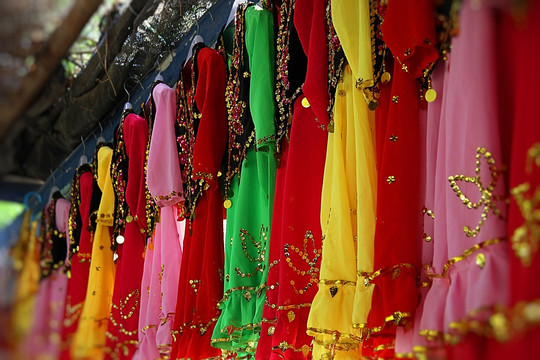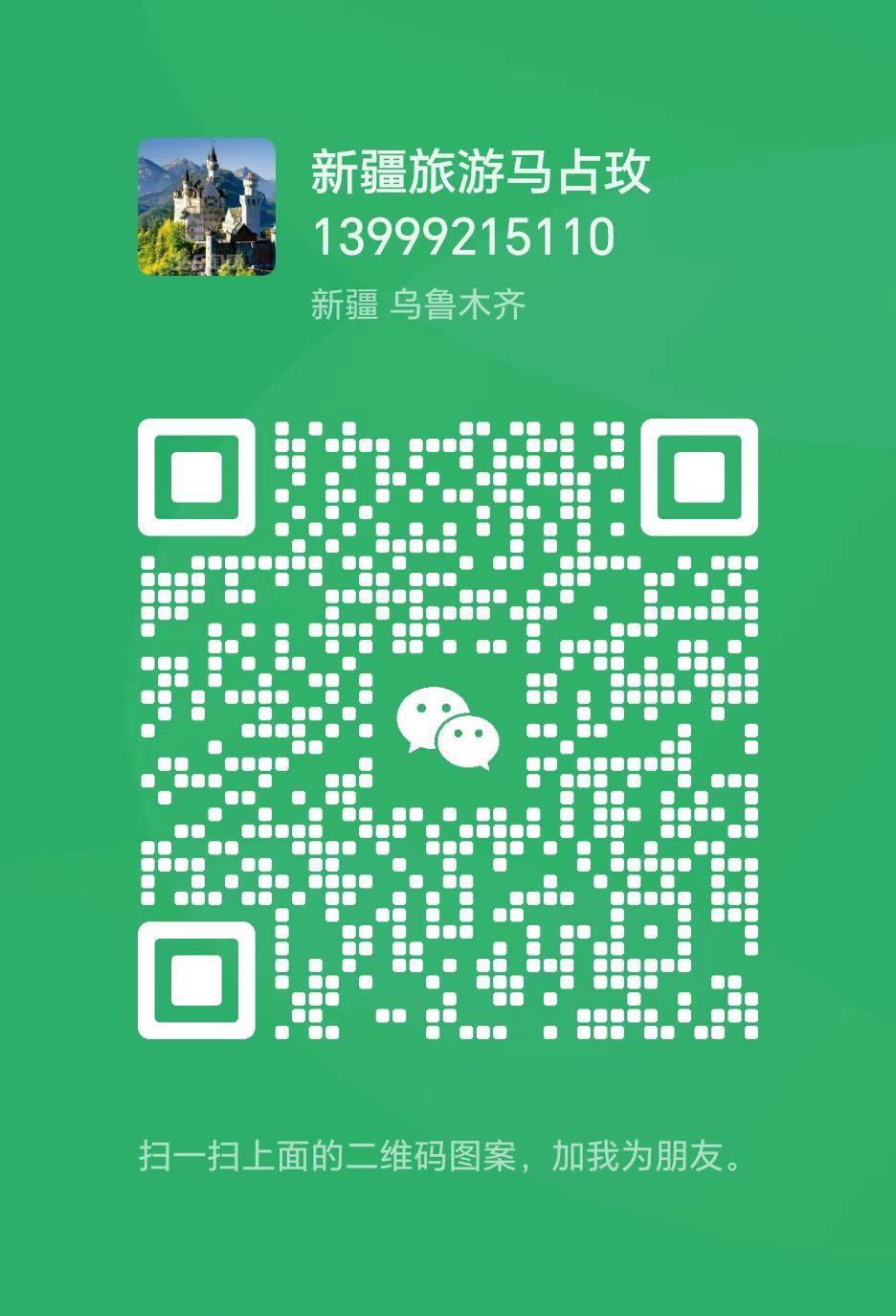
"Uygur" is the name for the Uygur people and means "unity" or "union." The Uygur people mainly live in Kashgar, Hotan and Aksu and Korla prefecture south of the Tianshan Mountains in Xinjiang Uygur Autonomous Region. The rest are scattered in Ili and other places north of the Tianshan Mountains. A small number of Uygur people live in Taoyuan and Changde in Hunan Province.
Uygur people have their own language, Uygur language belongs to the Altaic Turkic language family; The script is based on the Arabic alphabet
Pinyin characters. After the founding of the People's Republic of China, the use of a new script based on the Latin alphabet was promoted, and now the two scripts are used together.
The Uygur people have their own unique culture and art. The story collection "The Story of Avanti", the musical and dance epic "Twelve Muqam", and Uygur dance are well known at home and abroad. The traditional dances of Uygurs include top bowl dance, big drum dance, iron ring dance, Puta dance, etc. Uygur folk dances include Sanam and Xiadiana; The folk instruments are "Dafu" (tabla), "Tudar" and "Jevafu". Uygur medicine is an important part of Chinese medicine.
custom
Uygur people are particular and hospitality . If guests come, to invite guests to sit on the top seat of the table, put on nang also is called Uygur bread or pan cake, a variety of pastries, rock sugar, etc., but also put some melons and fruits in the summer, first pour tea or milk tea to the guests. After the meal is done, it is served. If you use pilaf to serve guests, you should bring a pot of water before the meal, and please wash your hands. After the meal, the elder will lead the "Duwa", and the guests can leave the table after the host finishes cleaning the utensils. When eating, guests can not casually fiddle with the food on the plate, can not casually go to the cooker, generally do not leave the food in the bowl, while paying attention not to letting the crumbs fall, if accidentally landed, to pick up and put them in front of their "meal lis


